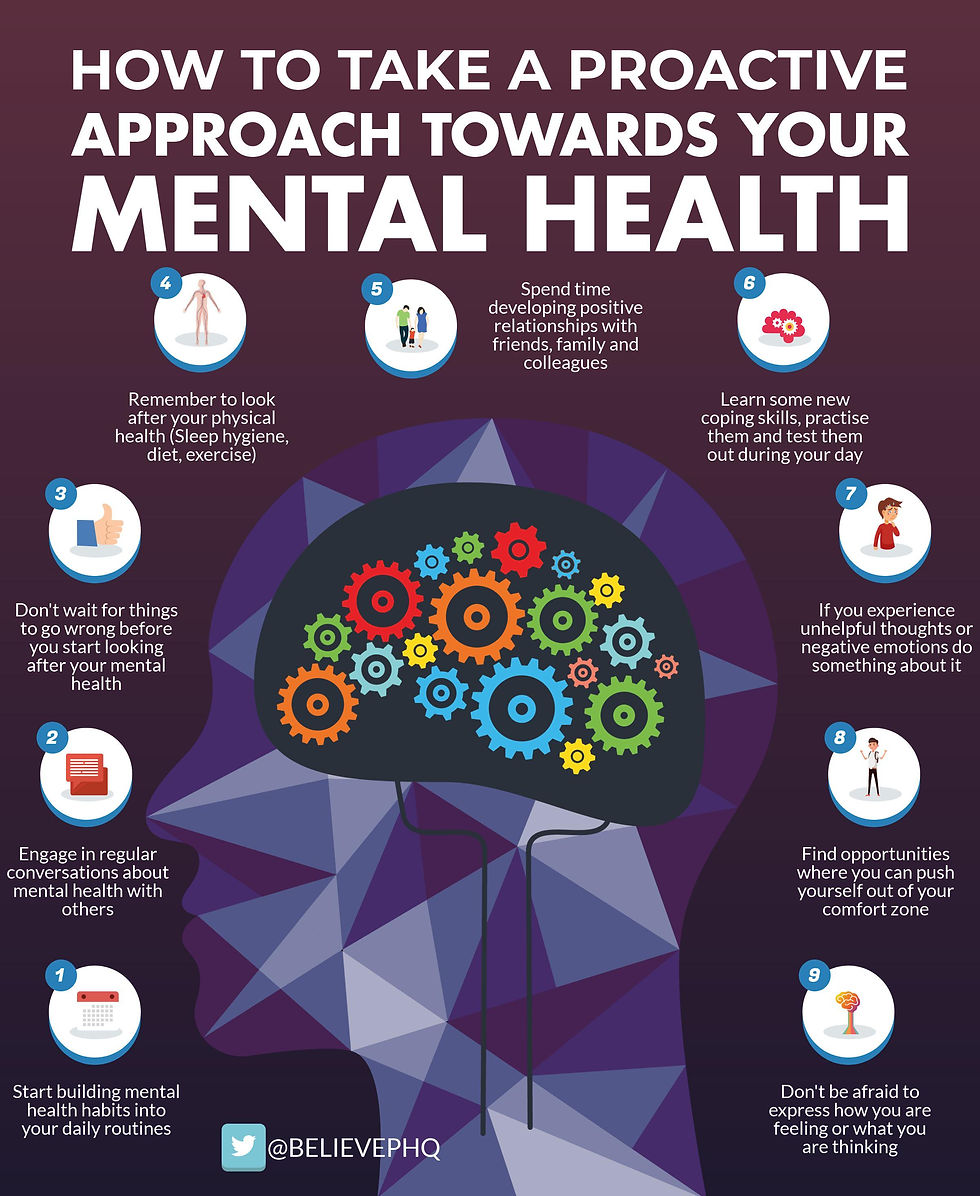Should I start therapy?
- Durel Williams

- Oct 10, 2019
- 2 min read
Updated: Feb 24, 2025

A common question people ask when contemplating starting therapy is "Is this such a big deal to be going to therapy about it?" In therapy sessions, some clients minimize their concerns because they don't think it has reached the threshold of "therapy-worthiness".
Here's the thing: one's need for therapy is entirely subjective. Yes, there are common issues for which people would go to therapy such as relationship/family conflict, emotional instability, workplace stress, processing grief, or recovering from past trauma.
However, sometimes people feel the need to discuss their experiences with a therapist when the issues are a little more vague. Here are some examples.
"I know it's not a big deal, but it's bothering me."
The truth is, it's best to address seemingly minor concerns at the get go. These are the issues that, if left ignored, can become chronic and immensely more problematic. Also, the issue may seem small, but it could be signalling deeper, more nuanced concerns that can show up in multiple other areas of your life. I always tell clients, "If you feel you need to be here, chances are you're right."
"Is this normal?"
When experiencing something new, particularly as it relates to your mental/emotional well-being, it's very easy to question the validity of your experience. Therapy is a space that can provide greater insight and knowledge related to your experience while validating your concerns. It is intended to be a safe space that helps to remind you that you're not alone, and you don't have to go through the experience alone.
"I've been feeling a little 'off' lately."
Sometimes it's good to get a mental health check-up when you've noticed a shift in your temperament and mood. This is especially the case if you've recently experienced small or significant change(s). We're not always able to label what we feel or notice, but we know it's changing how we interact with the world. Speaking with a therapist will help you get to the core of what this experience means for you, and provide you with support to help you manage it.
"Other people say they've noticed I've been different but I don't see it."
Changes in our disposition may not be noticeable to us, but it may be noticeable to others, particularly those closest to us. If you've heard others suggest to you that the changes they see appear to be impacting your day-to-day life in a negative way, it may help to talk to someone else about it.
"I'm good - I just want to stay balanced."
Some people go to therapy without having any presenting concerns at all. Therapy, in this case, is seen as more preventive and/or as a way of maintaining good mental health. And this is healthy!
Below are some other ways you can be proactive about your mental health:
If after reading this you feel that you or someone you know may benefit from therapy, feel free to contact me for a brief complimentary by calling 416-688-5274, or booking an initial consult here.











Comments